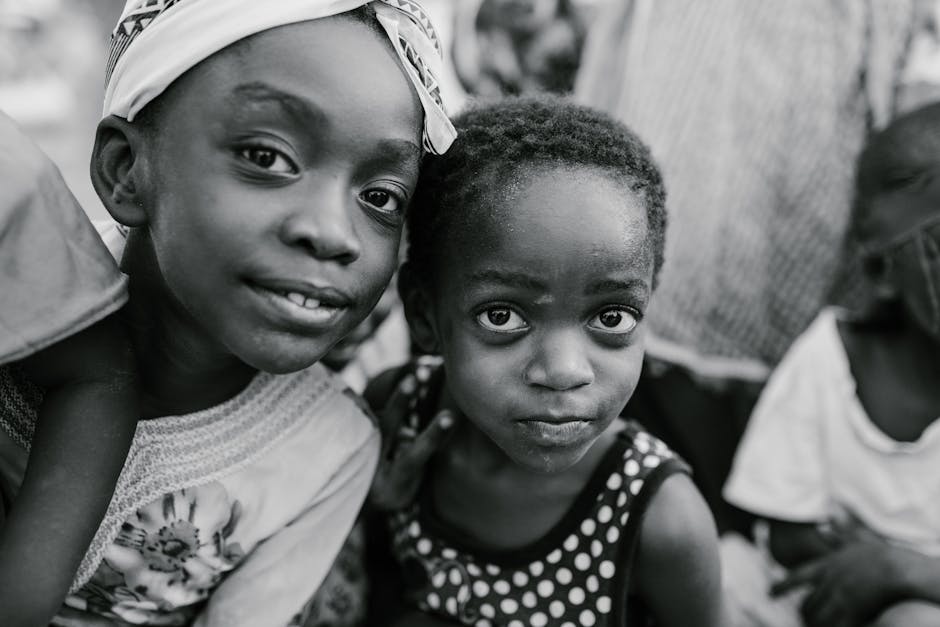
Preservation of Indigenous Languages
In a world that seems to be moving towards globalization and homogeneity, the preservation of indigenous languages holds immense importance. These languages serve as an integral part of the cultural heritage of diverse communities across the globe. However, due to various factors, many indigenous languages are at the risk of extinction.
Language is not merely a tool of communication; it carries within it the rich history, traditions, and knowledge of a particular group of people. When a language is lost, a unique perspective on life, nature, and the world vanishes with it. It is like losing a piece of the intricate tapestry that makes up humanity.
Preserving indigenous languages is not just the responsibility of the communities that speak them, but also of society as a whole. These languages offer a different way of thinking and can contribute to the diversity of ideas and perspectives in the world.
Here are a few reasons why the preservation of indigenous languages should be a priority:
- Cultural Identity: Indigenous languages are closely tied to cultural identity and play a crucial role in maintaining and preserving unique cultural practices, stories, and traditions. They serve as a connection to the past and are an integral part of the present cultural fabric of communities.
- Environmental Knowledge: Indigenous communities have invaluable knowledge about their natural surroundings, passed down through generations in their languages. This knowledge is essential for understanding and preserving biodiversity, sustainable practices, and addressing environmental challenges.
- Linguistic Diversity: Language diversity is key to maintaining a rich tapestry of human expression. Each language brings forth its own nuances, idiomatic expressions, and ways of understanding the world. Preserving indigenous languages helps to combat the potential homogenization of human thought and expression.
- Social and Emotional Well-being: Language is deeply intertwined with emotions and personal connections. When individuals are able to express themselves in their mother tongue, they experience a sense of belonging, self-worth, and emotional well-being. Preserving indigenous languages can contribute to stronger and healthier communities.
Preservation efforts can range from creating educational programs and resources to documenting and digitizing existing linguistic resources. Collaborative initiatives involving indigenous communities, linguists, educators, and policymakers are vital in safeguarding these languages for future generations.
